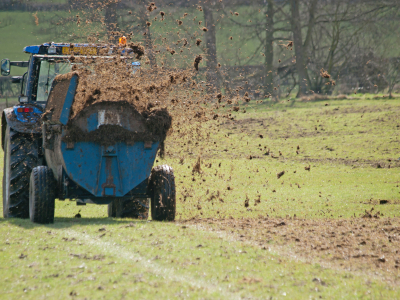A study published in Environment Research Letters warns that a “magnitude of changes” should be made by 2050 to avoid the unprecedented climate catastrophe toward which the world is rapidly heading.
The study highlights that fertilisers used in farming are responsible for a considerable share of the global warming that causes climate change and suggests that the developed world will need to half its fertiliser use. Nitrous oxide, released by fertilisers and animal manure, is 310 times more powerful than carbon dioxide and remains in the atmosphere for up to 114 years. Growing feed crops, for cattle and pigs, produces more nitrous oxide emissions than crops that go directly into feeding humans.
The research also found that meat eaters in developed countries will have to eat less meat, cutting consumption by 50%. This would reduce demand for fertiliser as well as reduce the quantity of manure produced.
The study used statistics from the Food and Agricultural Organisation (FAO), reminding us that the world population is expected to reach 8.9 billion by 2050, and that daily per capita calorie intake will also rise to 3130 calories, up from 2790 kcal in 2000.
Meat consumption is expected to increase per person per year from 78 kg (in 2002) to 89 kg (in 2030) in rich countries, and from 28 kg (in 2002) to 37 kg (in 2030) in the developing world.
“I think there are huge challenges in convincing people in the west to reduce portion sizes or the frequency of eating meat,” said Eric A Davidson, director of the Woods Hole Research Centre in Massachusetts.
Nevertheless, the report points out that large reductions in smoking have been witnessed during recent decades, suggesting that a major change in human behaviour in relation to food is also possible over a similar period of time.


















